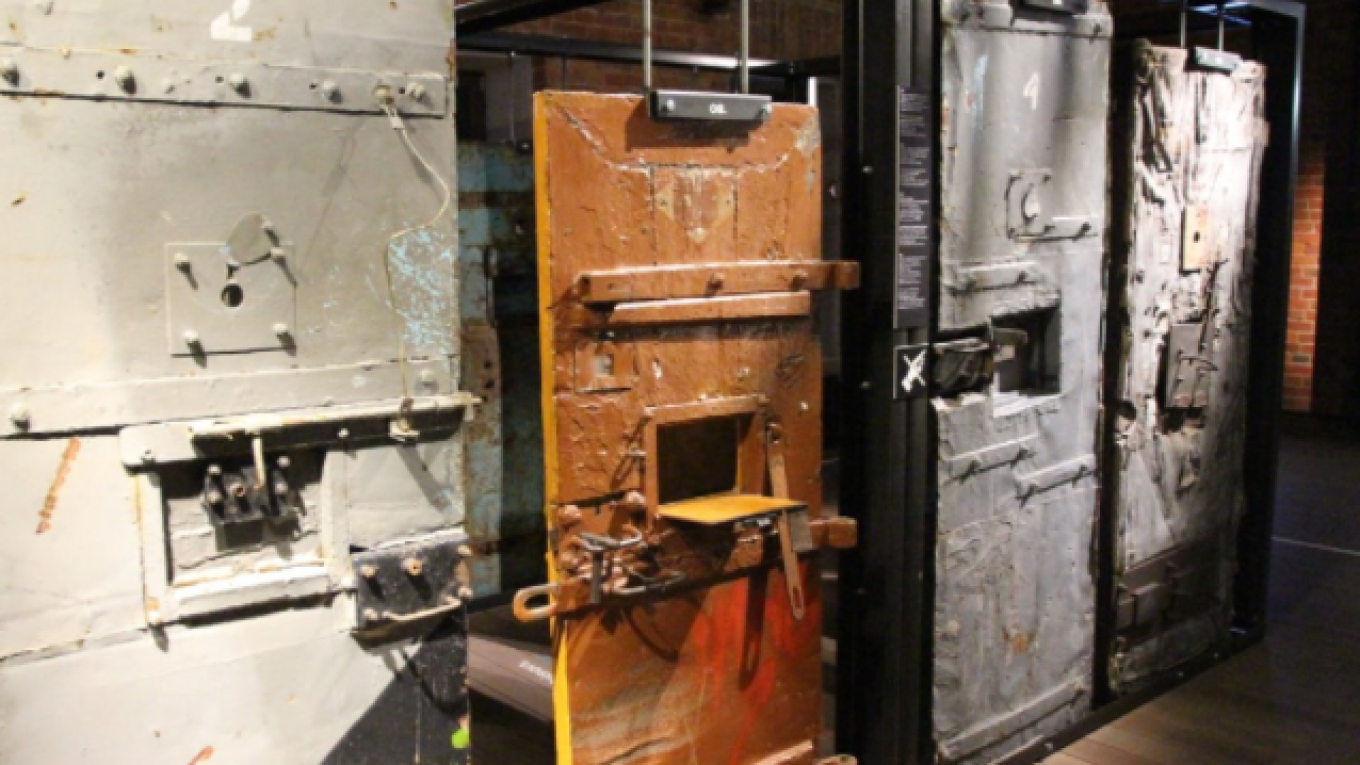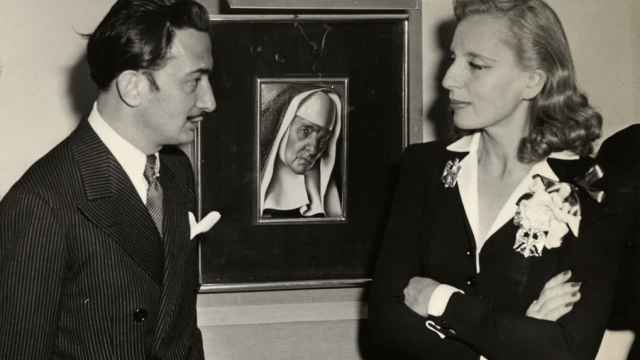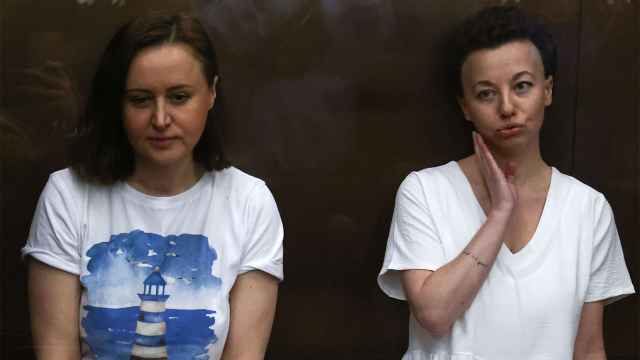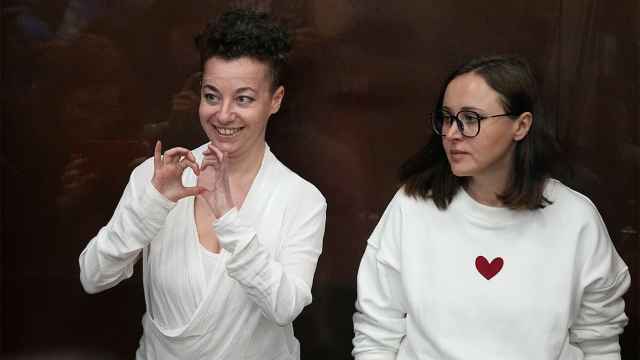More than two decades since the collapse of the Soviet Union, the
subject of state-sponsored repression under Stalin remains a controversial topic
in Russia. Yet in the midst of these contentious debates a number of
interesting initiatives, exhibits and events have emerged that examine Russia’s
past through a critical lens. In preparation for the Day of Remembrance for
Victims of Political Repression on October 30, here is our list of places you
can visit to remember and reflect on the not-so-distant past.
______________________________
The Gulag History Museum
Remembering the USSR’s forced labor camps
Housed in a newly redesigned building since 2015, the Gulag History Museum is Moscow’s main exhibition space and educational center devoted to the Soviet Union’s sprawling network of forced labor camps. From the Great Terror (1937-38) to the birth and development of the Gulag system to the difficult reintegration of prisoners in the post-Stalin era, the museum documents decades of Soviet repression in meticulous detail. Among the highlights are interactive touch screens, video interviews with survivors and a large collection of artifacts from former camps and prisons. Admission to the museum is free on Sunday, October 30.
Gulag History Museum. 9/1 1st Samotechny Pereulok. Metro Dostoyevskaya, Novoslobodskaya. +7 (495) 621 7310. gmig.ru
The House on the Embankment
The haunted residence of the Soviet intelligentsia
Just across the river from the Kremlin stands one of Moscow’s largest apartment complexes with a dark past. Built between 1928-1931 to accommodate the Soviet elite, it housed hundreds of victims of Stalin’s Great Terror whose tragic fate was immortalized in Yuri Trifonov’s novel “The House on the Embankment.” The author himself lived in the building as a child from 1931-1939 when his own father was executed at the height of Stalin’s purges. For 100 rubles, visitors can peruse display cases, photo collages, book collections, and antique objects related to the building and its former residents.
House on the Embankment Museum. 2 Ulitsa Serafimovicha. Metro Borovitskaya. +7 (495) 959 4936 .museum-dom.ru
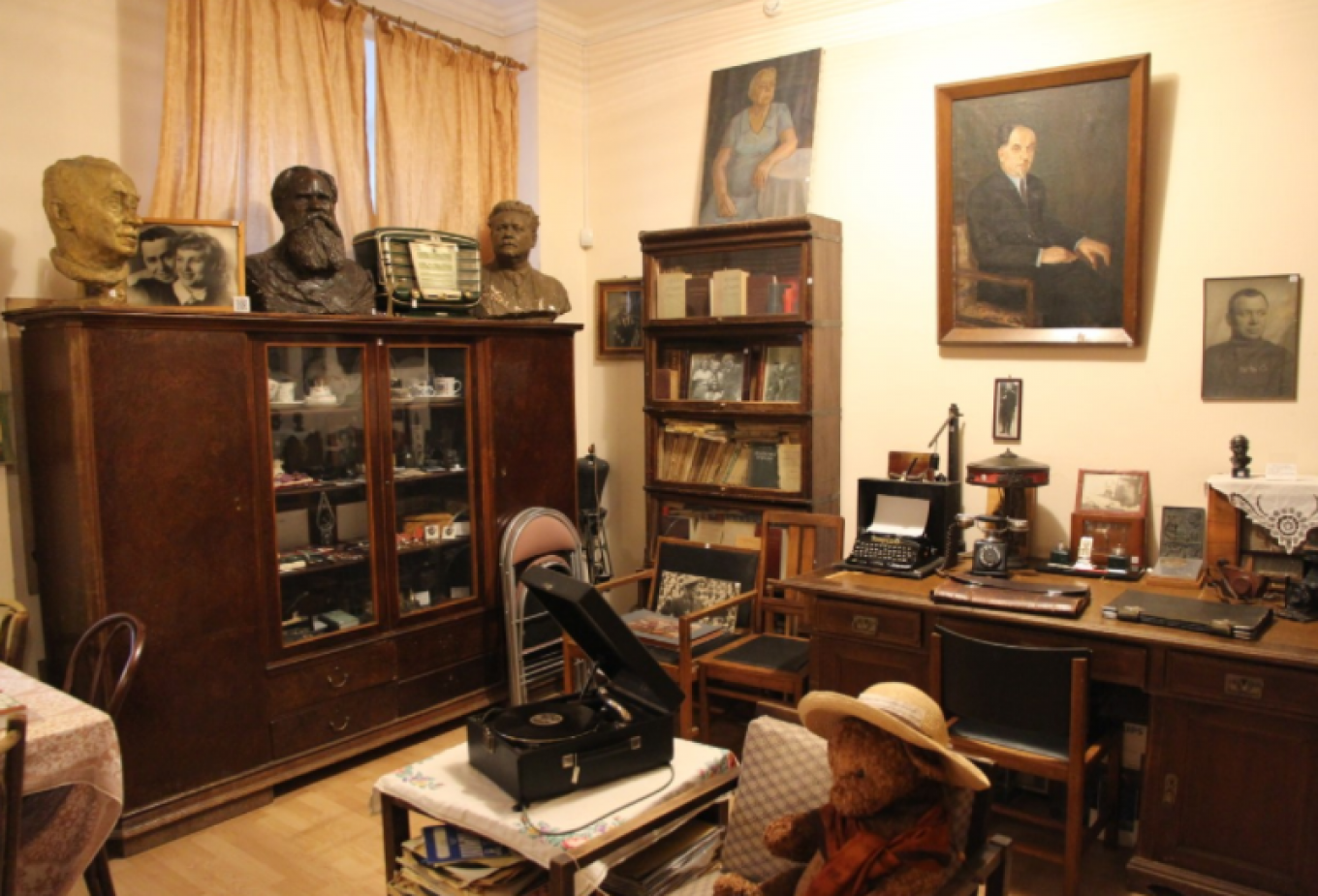
Returning the Names
Honoring victims of Soviet terror
Since 2007, the International Memorial Society has organized an annual event called “The Return of the Names” on October 29 to commemorate the tens of thousands of victims of Stalin’s Great Terror in Moscow. The public gathering at the Solovetsky Stone — a relic from the infamous Solovki labor camp in Russia’s Far North that was installed as a memorial on Lubyanka Square in October 1990 — intends to raise public awareness about Russia’s totalitarian past. This Saturday, victims’ names will be read aloud from 10:00 a.m. through 10:00 p.m. and Russian and English-language walking tours of the Lubyanka neighborhood will be offered throughout the day.
Returning the Names. Lubyanka Square. Metro Lubyanka. +7 (495) 699 9776. http://october29.ru/
A Tribute to Varlam Shalamov
The tragic life of a Gulag survivor
Few individuals encapsulate the experience of repression during
Stalin’s reign better than Varlam Shalamov, a Russian writer who spent nearly
two decades in Soviet labor camps. This year, the International Memorial
Society is hosting a special exhibit on Shalamov, whose famous collection of stories
“Kolyma Tales” remains one of the most powerful literary portrayals of life and
death in the Gulag. A poster exhibit on Lubyanskaya Ploshchad explores his life
in Moscow and in exile. The indoor exhibit at Memorial will remain open on
weekdays from 11:00 a.m through 7 p.m. until February 1, 2017.
Memorial. 5/7 Karetny Ryad. Metro Chekhovskaya, Tsvetnoy Bulvar, Mayakovskaya. +7 (495) 650 7883. shalamov.ru
Last Address Project
The victims return home
Walking through downtown Moscow, an attentive observer might occasionally notice small silver plaques attached to the entrances of apartment buildings. These memorials are part of the Last Address project commemorating the life and last residence of ordinary people murdered during Stalin’s purges. Inspired by the brass cobblestone project in Germany that pays tribute to Holocaust victims, each plaque contains a person’s name and the dates of his or her birth, arrest, execution, and rehabilitation. These plaques are part of a growing civic initiative to restore the identity of terror victims “one name, one life, one marker” at a time.
poslednyadres.ru
Butovo
Moscow’s field of mass graves
On the southern outskirts of Moscow in the settlement of Butovo lies a memorial complex where Soviet state security (NKVD) executed and buried more than 20,000 people in unmarked mass graves. Between 1937-38, thousands of “enemies of the people,” including labor camp prisoners, former tsarist officers, and members of the clergy, were murdered in this killing field during Stalin’s purges. Today, only a few posters, small monuments, and two Orthodox churches mark the site where so many Soviet citizens perished. A memorial wall named the “Garden of Memory” bearing victims’ names is set to open on the site in the near future.
Garden of Memory. 2 Yubileinaya Ulitsa. Metro Ulitsa Skobelevskaya. +7 (495) 549 2224. martyr.ru


